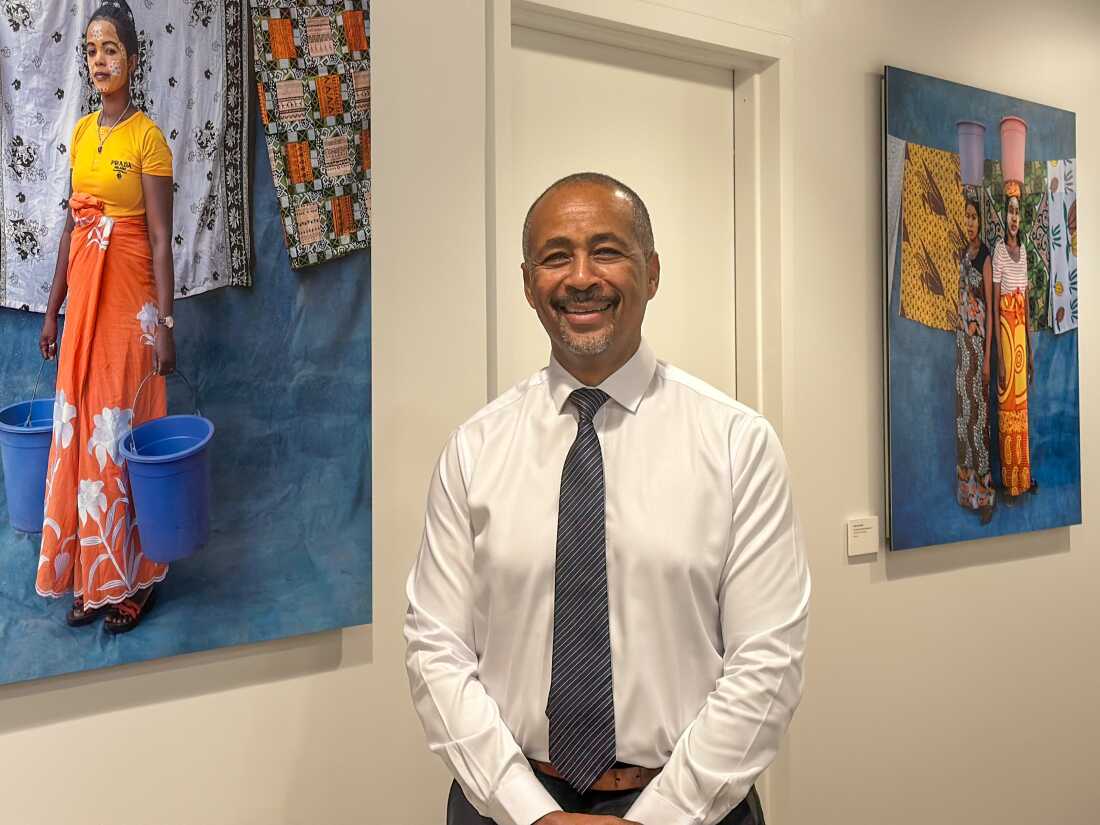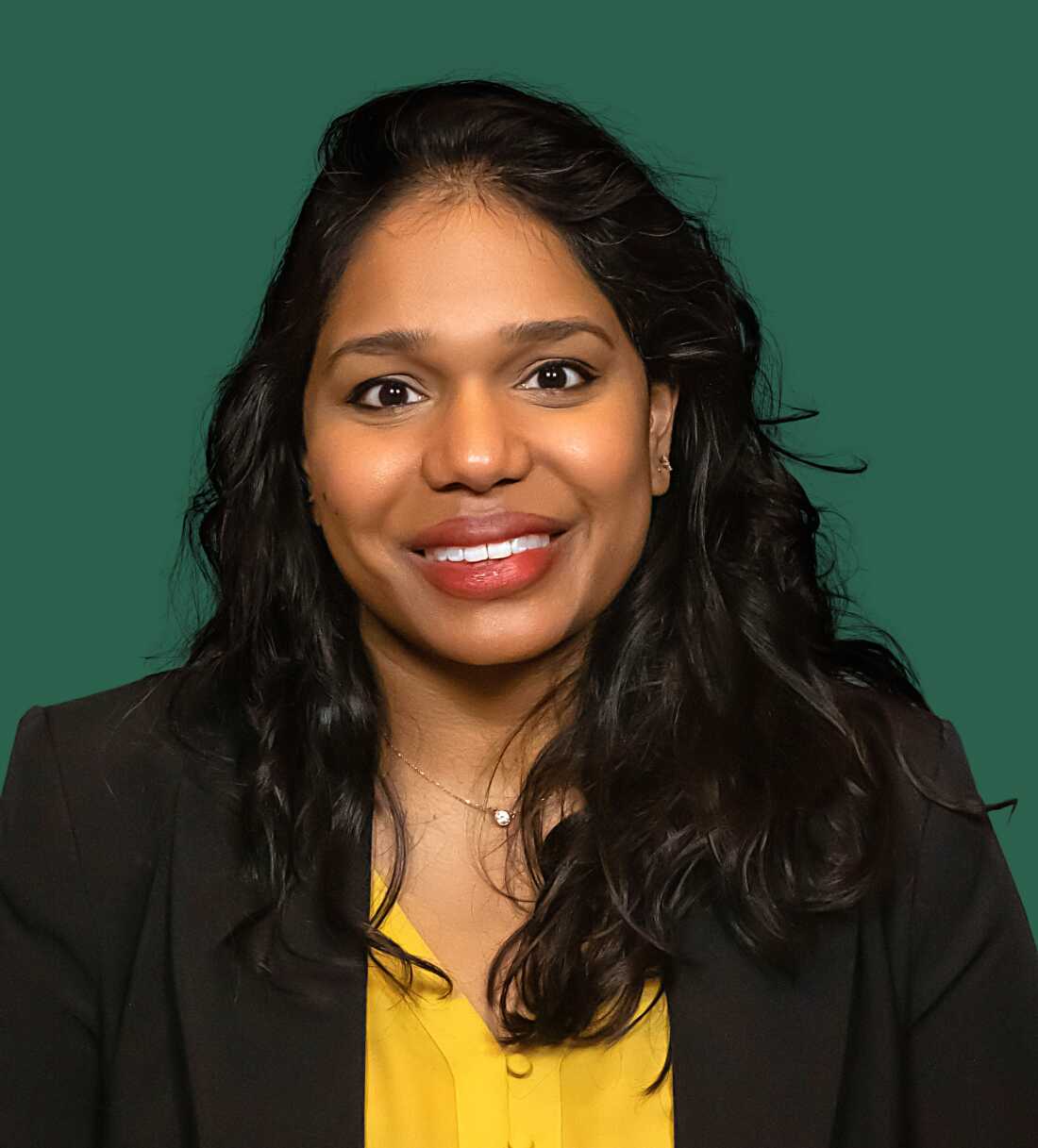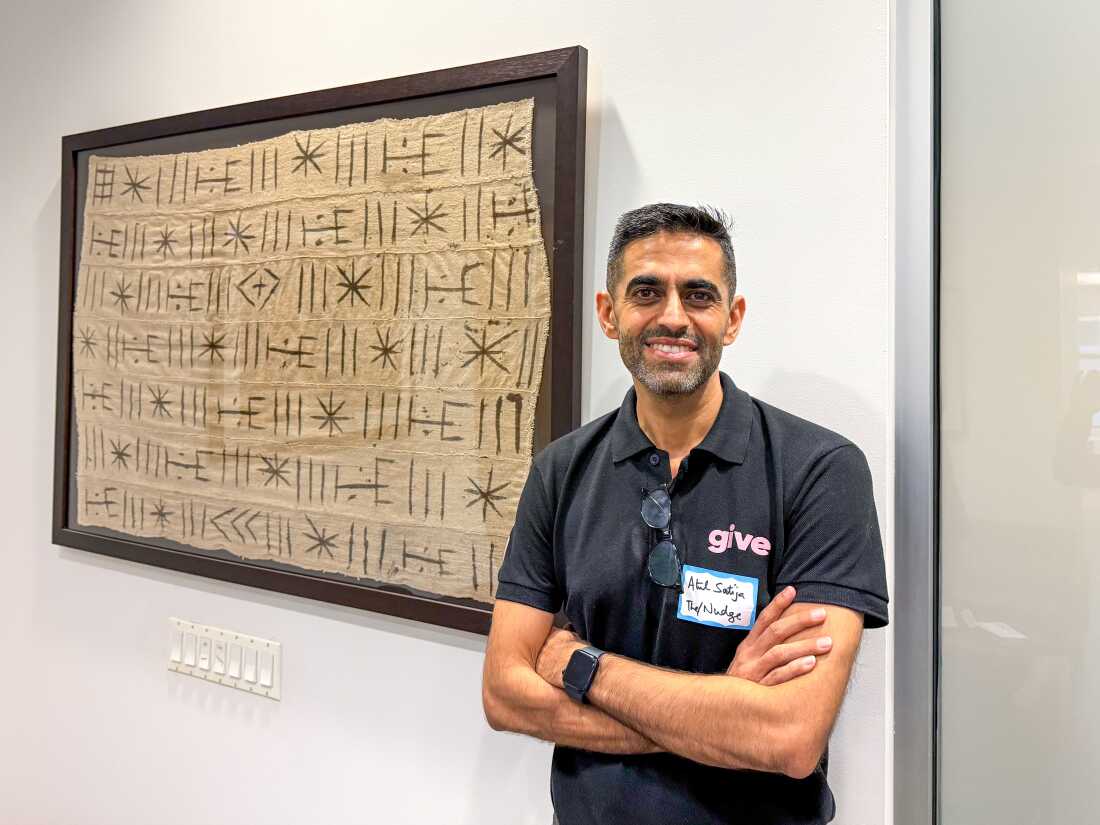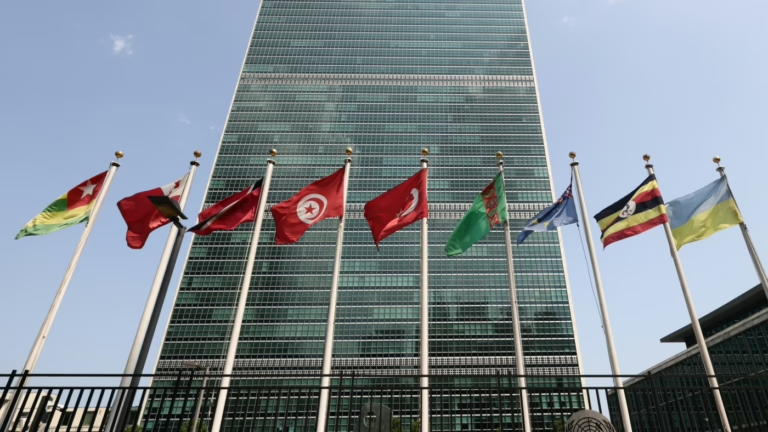This week, global health experts gathered at the United Nations for pivotal discussions-their first major assembly since significant reductions in U.S. foreign aid reshaped the international support landscape.
Jakub Porzycki/NurPhoto/via Getty Images
hide caption
toggle caption
Jakub Porzycki/NurPhoto/via Getty Images
NEW YORK – This marks the first United Nations General Assembly since President Donald Trump’s administration implemented sweeping cuts to foreign aid, slashing billions from global assistance programs.
“There’s a palpable sense of unease and uncertainty. It feels like everyone is bracing for what might come next,” explains Solomon Zewdu, CEO of The END Fund, an organization dedicated to eradicating neglected tropical diseases.
Thousands of delegates from across the globe convened in Manhattan for the 80th session of the U.N. General Assembly, engaging in high-level dialogues on pressing international issues.
Our reporters were present throughout the week, capturing insights from global health authorities. Below is a summary of their perspectives, refined for clarity and brevity.

Dr. Solomon Zewdu stresses the critical need for immediate action in global health: “What’s the next move? We must act swiftly-delays cost lives.”
Gabrielle Emanuel/NPR
hide caption
toggle caption
Gabrielle Emanuel/NPR
Solomon Zewdu, CEO of The END Fund
Operating out of South Africa, Dr. Zewdu observed a concerning trend at this year’s General Assembly: global health stakeholders are often isolated in their discussions.
“There’s a lack of cross-communication,” he notes. While some focus on the dependency on foreign aid, others dwell on the consequences of funding reductions.
“The critical question now is: what comes next? We need to move forward urgently. Every moment counts because delays mean more lives lost,” he emphasizes.
He fears that once the meetings conclude, participants will disperse without concrete plans, leaving vulnerable populations at risk until the next international gathering.

Varnee Murugan expresses cautious optimism regarding the Trump administration’s updated foreign aid framework.
U.S. Chamber of Commerce
hide caption
toggle caption
U.S. Chamber of Commerce
Varnee Murugan, Senior Director of the Global Initiative on Health and the Economy at the U.S. Chamber of Commerce
Murugan left the assembly encouraged by the U.S.’s revamped global health approach, which notably integrates private sector involvement more prominently.
“Historically, the private sector was either sidelined or viewed as an adversary,” she explains.
She highlights that commercial enterprises bring valuable expertise and resources. “While profit motives remain, many companies pursue broader social goals as well.”
Murugan believes these businesses can significantly contribute by fostering local economic development, helping communities transition from aid reliance to sustainable trade partnerships.

Atul Satija shares his concerns: “I often wonder if we have the calm and space needed to pursue the work we envision.”
Fatma Tanis/NPR
hide caption
toggle caption
Fatma Tanis/NPR
Atul Satija, CEO of the Nudge Institute
Based in India, Satija leads a nonprofit dedicated to alleviating poverty. He noticed a shift in the tone of this year’s U.N. discussions.
“The conversations have gained depth,” Satija remarks. “There’s a stronger focus on global challenges and collaborative solutions. It feels more grounded and authentic.”
In light of U.S. aid reductions affecting healthcare and education worldwide, he observes that “people are innovating new approaches to minimize the impact on vulnerable communities.”
Still, he voices a personal worry: “What keeps me awake at night is whether we’ll have the necessary environment and tranquility to carry out our mission effectively.”
Peter Sands, CEO of the Global Fund
Peter Sands describes this General Assembly as a precarious balancing act.
“We’re at a critical juncture. On one hand, funding cuts and service disruptions pose serious threats. On the other, groundbreaking scientific advances offer tremendous hope,” he says. “There’s much at stake, but also great potential.”
With a background in banking as former CEO of Standard Chartered PLC, Sands is focused on financing. The Global Fund is actively fundraising for its upcoming three-year program.
“From an investment perspective, supporting global health yields some of the highest returns, driving both economic growth and improved wellbeing,” he asserts.
Jackie Aldrette, Executive Director of AVSI-USA
After years away, Aldrette returned to the U.N. General Assembly feeling the urgency of the moment.
Her organization, which aids marginalized populations worldwide, has been directly impacted by the U.S. funding cuts.
“I came seeking clarity on where to direct our efforts,” Aldrette shares.
She sensed a renewed vigor among attendees. “There’s a palpable energy-a collective determination to find new ways to advance our shared goals, recognizing that collaboration is essential.”
One highlight for her was an inspiring exchange with a representative from a well-established group, where they exchanged visionary ideas and dreams for the future.
Aldrete also reflected on the shifting dynamics caused by U.S. disengagement: “It feels like the U.S. has stepped back from the table, but importantly, the table itself remains intact. We’re still here, and the work continues.”

















